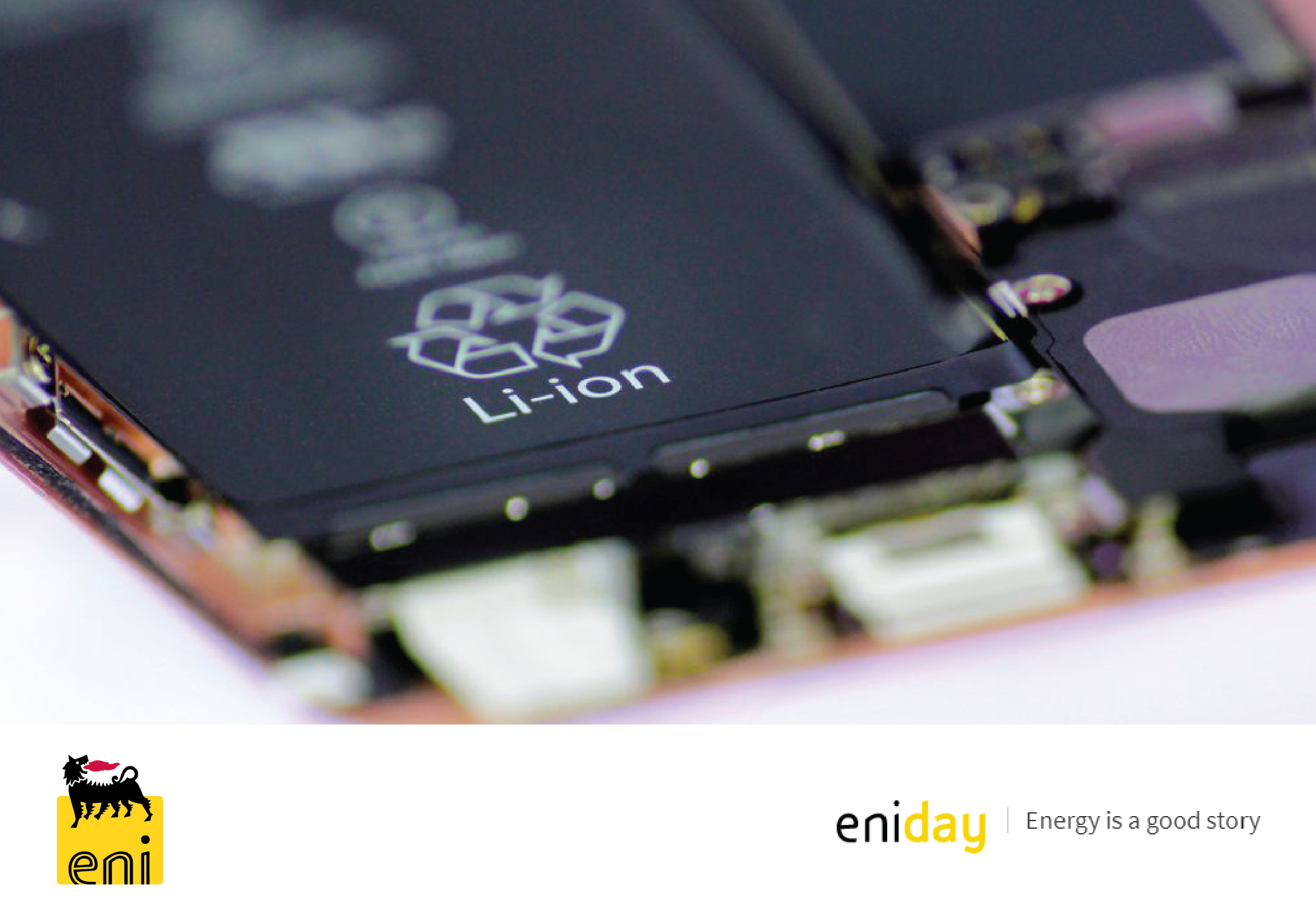Although they were invented 40 years ago, lithium batteries are still the most efficient batteries we have, and you can find them in everything from smartphones to electric cars. Traditional batteries were made of lead and sulphuric acid, nickel and cadmium, and they were less reliable. In October, John B. Goodenough, M. Stanley Whittingham and Akira Yoshino were awarded the Nobel Prize in Chemistry for their contributions to the development of lithium batteries. Thanks to these three men, each of us can spend a little less time hunting for a plug.
☰
More from GZERO Media
Argentina's inflation rate year over year.
Eileen Zhang
Argentina’s president Javier Milei inherited inflation that was over 200%, but after 18 consecutive months of it falling, it now stands at just 31%.
South Sudan President Salva Kiir prepares to welcome Uganda's President Yoweri Museveni at the Juba International Airport, ahead of meetings aimed at averting a new civil war after South Sudan's First Vice President Riek Machar was placed under house arrest, in Juba, South Sudan April 3, 2025.
REUTERS/Samir Bol
A robot waiter, serving drinks at the Vivatech technology startups and innovation fair, in Paris, on May 24, 2024.
- Magali Cohen / Hans Lucas via Reuters Connect
Imagine sitting down at a restaurant, speaking your order into your menu, and immediately watching a robot arrive with your food. Imagine the food being made quickly, precisely — and without a human involved, because the entire restaurant is fully roboticized.
Hard Numbers: Japan’s PM organizes 3 a.m. meeting, Exam day for South Korea’s students, US government shutdown ends, & More
November 13, 2025
Japanese Prime Minister Sanae Takaichi answers a question at the Upper House's budget committee session at the National Diet in Tokyo, Japan, on November 12, 2025.
Yoshio Tsunoda/AFLO
- YouTube
Forget the fancy cars, futuristic gadgets, and martinis “shaken, not stirred.” In his book "Sell Like a Spy: The Art of Persuasion from the World of Espionage", Jeremy Hurewitz tells GZERO's Tony Maciulis that intelligence officers are a lot more like therapists than James Bond-style action heroes.
ZOHRAN MAMDANI, Rama Duwaji, MIRA NAIR, MAMOOD MAMDANI during an election night event at The Brooklyn Paramount Theater in the Brooklyn borough of New York, US, on Tuesday, Nov. 4, 2025.
(Photo by Neil Constantine/NurPhoto)
Last Tuesday, a self-identified democratic socialist who ran on making New York affordable for the 99% won the city’s mayoral race in a landslide, defeating former Governor Andrew Cuomo. And the reactions have been predictably hysterical.
What We’re Watching: UK’s Starmer on the ropes, Mexico’s Sheinbaum beefs up security in wild West, Hamas fighters trapped in their own tunnels
November 12, 2025
UK Prime Minister Keir Starmer leaves 10 Downing Street in London, United Kingdom, on November 12, 2025.
REUTERS/Hannah McKay
A fruit and vegetable stall is lit by small lamps during a blackout in a residential neighborhood in Kyiv, Ukraine, on November 6, 2025, after massive Russian attacks on Ukraine's energy infrastructure in October.
(Photo by Maxym Marusenko/NurPhoto)
As a fourth winter of war approaches, Russia is destroying Ukraine’s energy grid faster than it can be rebuilt.
Hard Numbers: Israel arrests violent settlers, US House ends extended recess, Botswana eyes majority stake in diamond giant, & More
November 12, 2025
An Israeli activist is seen recording illegal settlers driving past a village in Masafer Yatta in the West Bank, on October 28, 2025.
Davide Bonaldo/Sipa USA
© 2025 GZERO Media. All Rights Reserved | A Eurasia Group media company.
